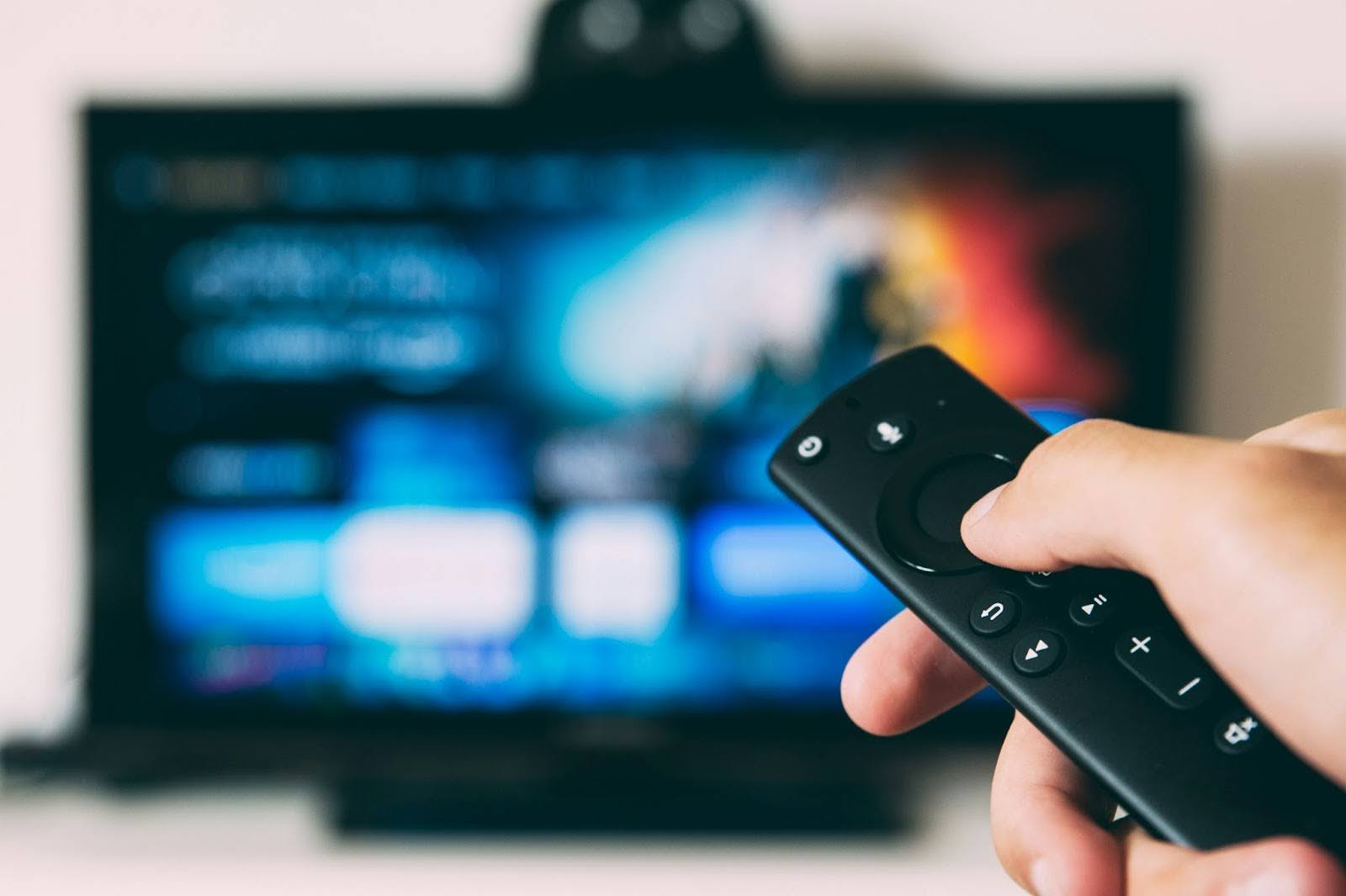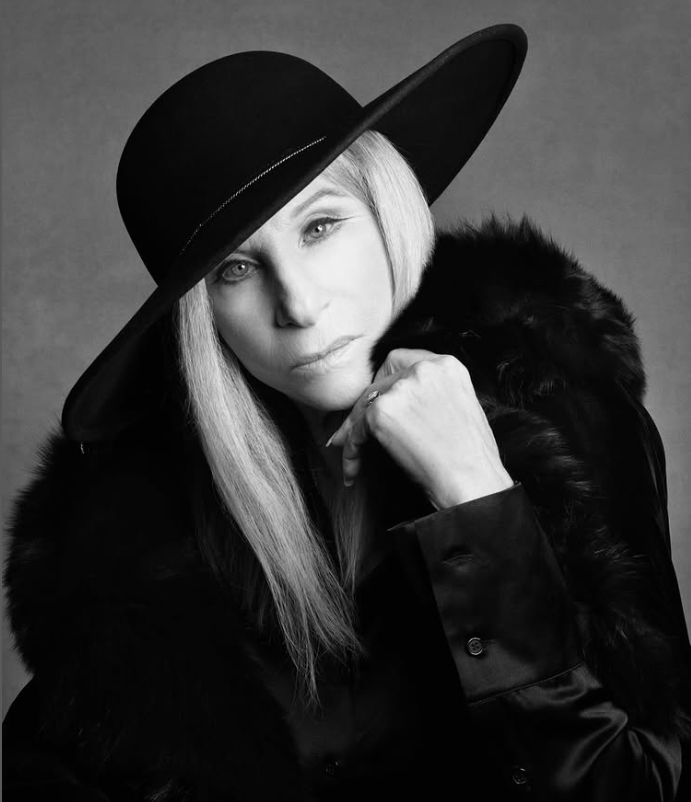
Angela Davis
By Antonio Scorza // Shutterstock
When you think of the Black Panther Party or Black women revolutionaries, one of the images that likely comes to mind is of Angela Davis and her giant, unapologetic afro, fist raised to the sky.
One of the foremost activists and revolutionaries of the time, Angela Davis is a blueprint for race theory and radical politics. Long before Kimberlé Crenshaw coined the term “intersectionality,” Angela Davis was living it.
An activist during the concurrent Civil Rights Movement and the second-wave feminism of the 1960s and ’70s, Davis made no compromises in her rhetoric for gender or racial equality. Her ideologies were also informed by Marxist analysis and fervent belief in the interlinked oppression of race, gender, and class as a product of capitalism.
Almost 60 years later, the same fight remains and Davis is still at the forefront. Her work, from her speeches to her books, are similarly potent sources of theory and inspiration. It’s safe to say that Angela Davis should be required reading — not just as a resource for anti racism work, but just as a model of how to live.
Since so much of her work is still relevant and urgent now, here are some of the most resonant quotes for our current age and why they still matter today.
“The process of empowerment cannot be simplistically defined in accordance with our own particular class interests. We must learn to lift as we climb.”
At the core of Angela Davis’s work is the understanding that there is no liberation for anyone without liberation for everyone. Her work reminds us that most of us are afforded some privileges, and where we have, we must advocate for those who have not.
The work of activism is communal and interdependent. We are all depending on each other, and cannot stop with our own comfort and interests.
While it is important to celebrate our own individual wins, that celebration is not enough. Using those wins to empower others which is at the core of the work.
“The colonization of the Southern economy by capitalists from the North gave lynching its most vigorous impulse. If Black people, by means of terror and violence, could remain the most brutally exploited group within the swelling ranks of the working class, the capitalists could enjoy a double advantage. Extra profits would result from the superexploitation of Black labor, and white workers’ hostilities toward their employers would be defused. White workers who assented to lynching necessarily assumed a posture of racial solidarity with the white men who were really their oppressors. This was a critical moment in the popularization of racist ideology.”
In Women, Race, and Class (1981), Davis undertakes to work on explicating the connections between the marginalization of women, Black folks, and the poor. She traces the history of oppression from the slave trade to the 1960s to create one of the most comprehensive sociological texts addressing gender, class, and race.
This quote explicated the necessary racial violence of American capitalism and the implication of all classes of white folks in popularizing racist ideology.
There are current echoes in the power dynamics she described in the demographics of Trump voters, many of whom were working class voters who identified with Donald Trump in violent racial solidarity that led to the Capitol insurrection.
“As a rule, white abolitionists either defended the industrial capitalists or expressed no conscious class loyalty at all. This unquestioning acceptance of the capitalist economic system was evident in the program of the women’s rights movement as well. If most abolitionists viewed slavery as a nasty blemish which needed to be eliminated, most women’s righters viewed male supremacy in a similar manner—as an immoral flaw in their otherwise acceptable society. The leaders of the women’s rights movement did not suspect that the enslavement of Black people in the South, the economic exploitation of Northern workers and the social oppression of women might be systematically related.”
This analysis of the white abolitionist movement feels parallel to the contemporary, naive neoliberal idea that racism is the work of single bad actors and a few bad policies.
However, after the resurgence of the Black Lives Matter movement in 2020, many Americans were forced to reckon with the deeper implications of racism — including looking within at the ways we all perpetuate racism as part of a racist system.
Davis herself responded to the change in the mainstream conversation about racism, saying,“I don’t know if we have ever experienced this kind of global challenge to racism and to the consequences of slavery and colonialism.”“[Prison] relieves us of the responsibility of seriously engaging with the problems of our society, especially those produced by racism and, increasingly, global capitalism.”
In Are Prisons Obsolete? (spoiler alert: They are!), Davis ties the modern prison to the incomplete promises of emancipation and the contemporary links between prisons and capital interests.
She poses a society where we prioritize community over capitalism and care over punitive correction, emphasizing that we have to address the parts of our society that fuel the prison system — which are often systemic issues tied to race and class — so we will no longer need prisons.
Her work on prison abolition inspired and was featured in the 2016 Ava DuVernay documentary 13th, and serves as seminal thinking for activists fighting against the prison industrial complex today.
“We have to talk about liberating minds as well as liberating society.”
One of her most famous quotes, Angela Davis has always been adamant about not just advocating for policy change within the system, but encouraging us to see differently and look outside of the system.
Every part of us has been conditioned and socialized by a racist society, so even perfect policy would not erase oppression. The recent calls for continued anti-racism work for us all.
“You can never stop and as older people, we have to learn how to take leadership from the youth and I guess I would say that this is what I’m attempting to do right now.”
Davis has always been clear: Liberation is a lifetime commitment.
Tirelessly advocating, writing, and speaking since her youth, Davis has lived her rhetoric that to be an activist is to work forever.
She is proof of progress, given how much she and other activists have accomplished over the years. But her patience is not permission for acquiesce or stasis.
We cannot slow down our efforts and hope the work will happen on its own. We can, however, take cues from the newer generations and adjust for each new era.
“Urge me not to use moderation in a cause like the present. I am in earnest—I will not equivocate—I will not excuse—I will not retreat a single inch—and I will be heard.”
This unflinching mantra serves as constant inspiration for anyone engaged in the work of radical changemaking.
So often, activists are told to be less extreme, so as not to scare off moderates — rhetoric we saw in the Democratic 2020 election campaign. But Angela Davis refuses to compromise, so neither should we.
Not even a single inch.













